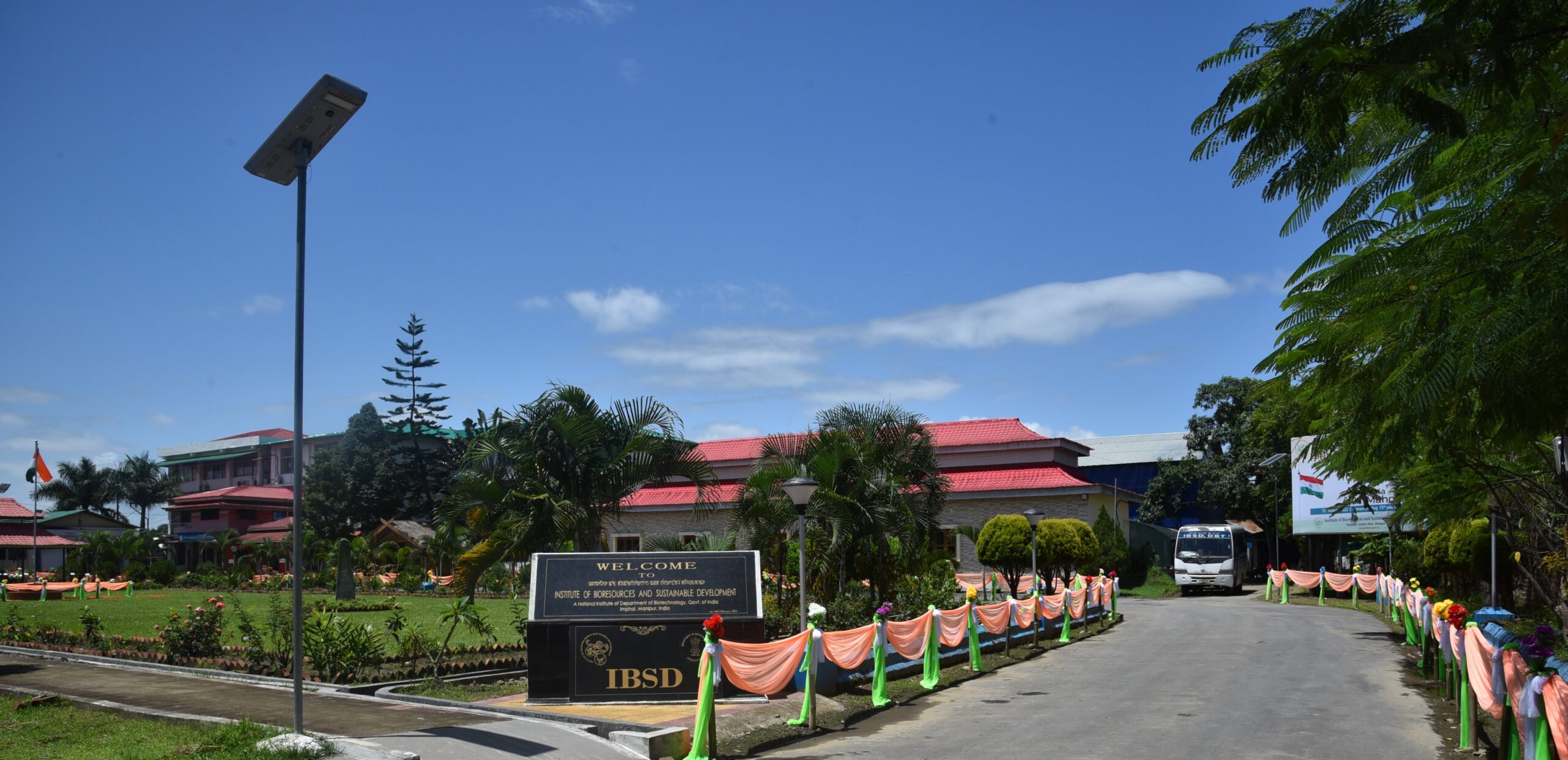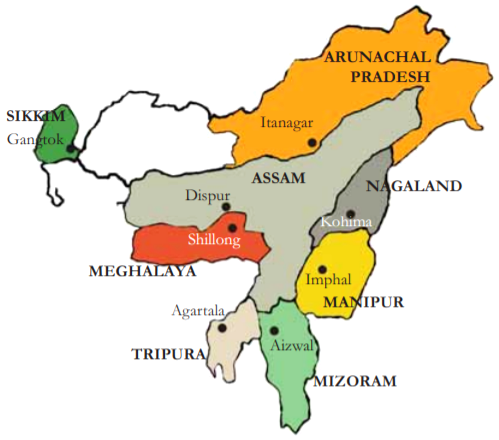Institute of Bioresources and Sustainable Development (IBSD) is one of the 14 institutes and a unique organization set up in the North Eastern Region with the mandate of development of bioresources and their sustainable use through biotechnological interventions for the socio-economic growth of the region
. IBSD is located in Imphal, Manipur and has established three centres in NER including Gangtok in Sikkim, Shillong in Meghalaya and at Aizawl in Mizoram
 Biswadeep Gupta
Biswadeep Gupta

Rapid strides in scientific advances and technological changes are transforming the globe as key drivers of economic performance and social well-being. The government is facilitating this transformation by empowering the creation of knowledge and channelling the technology translations including last-mile access for improving the lives and living of millions. New institutional frameworks are being conceived which will bring together multi-disciplinary science teams to create and deploy sustainable, inclusive solutions to pressing national needs in health, food, water, energy and climate change.
The Department of Biotechnology (DBT), Ministry of Science and Technology is functioning as the nodal agency for the promotion of Biotechnology in the country. It was accorded the Cabinet approval for rationalization of its 14 Autonomous Institutions (AIs) by subsuming them under one Apex Autonomous Society viz. Biotechnology Research and Innovation Council (BRIC), for centralized and unified governance to maximize the impact of biotech research across the country.

Institute of Bioresources and Sustainable Development (IBSD) is one of the 14 institutes and a unique organization set up in the North Eastern Region with the mandate of development of bioresources and their sustainable use through biotechnological interventions for the socio-economic growth of the region. IBSD is located in Imphal, Manipur and has established three centres in NER including Gangtok in Sikkim, Shillong in Meghalaya and at Aizawl in Mizoram. IBSD is synergizing different research areas to promote bioeconomy from bioresources including phytopharmaceutical mission, ethnopharmacology, traditional healthcare practices discovery, plant resources, microbial resources, animal resources and Eco-restoration, water quality management and surveillance to boost the bioeconomy with the development of processes/ products/ technologies from the bioresources of NER. In the last eight years’ the biotech sector has grown eightfold times. Under BRIC, the elite institutions of biotechnology are integrating, synergizing and consolidating their efforts to prospectively enrich our Nation’s progress on every front including economy and employment.
The DBT initiated this restructuring activity as per the directives on “Rationalization of Autonomous Bodies” issued by the Department of Expenditure, Ministry of Finance, Government of India. However, they have used it as an opportunity to introspect and overhaul the way research is conducted across the DBT institutions. It is envisioned to improve governance, efficiency, encourage collaborations through greater interdisciplinary interactions and democratize resources.
Some of the significant changes that will be driven by BRIC is that each of the 14 subsumed BRIC Institutions will maintain their distinct research mandates, governed by one Governing Body, at BRIC.
The institutes will implement and enhance the transformative power of S&T defining bold global actions. The institutes would be allowed utilization of institutional lab space, not exceeding one third, for researchers from outside DBT institutes and their collaborators (from industry or other institutes) to carry out R&D for start-ups emerging out of institutional research.
Institutions to be incentivized for harnessing frontier technologies and to promote techno-startups and spin-outs nurturing bioentrepreneurship. New Ph.D. programs across BRIC institutions with a common course curriculum at Regional Centre for Biotechnology (RCB), Faridabad and immersion training for field or experimental studies for validating research hypothesis prior to thesis work. During the Immersion phase (for about 3 months) students will get additional fellowships from “Grand Challenges India” program.
Institute of Bioresources and Sustainable Development in the ambit of Biotechnology Research and Innovation Council (BRIC) will help in scaling biotech research and innovation across scales to achieve the Bio-Vision for Bharat and empower North Eastern Region (NER) as a key driver of growth of the nation.





